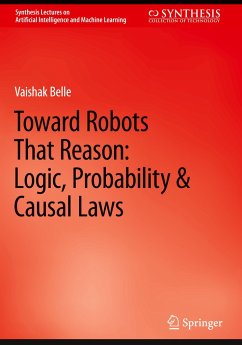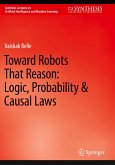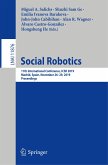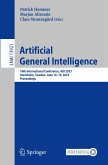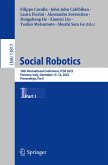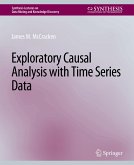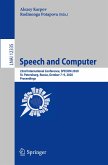This book discusses the two fundamental elements that underline the science and design of artificial intelligence (AI) systems: the learning and acquisition of knowledge from observational data, and the reasoning of that knowledge together with whatever information is available about the application at hand. It then presents a mathematical treatment of the core issues that arise when unifying first-order logic and probability, especially in the presence of dynamics, including physical actions, sensing actions and their effects. A model for expressing causal laws describing dynamics is also considered, along with computational ideas for reasoning with such laws over probabilistic logical knowledge.
Bitte wählen Sie Ihr Anliegen aus.
Rechnungen
Retourenschein anfordern
Bestellstatus
Storno

